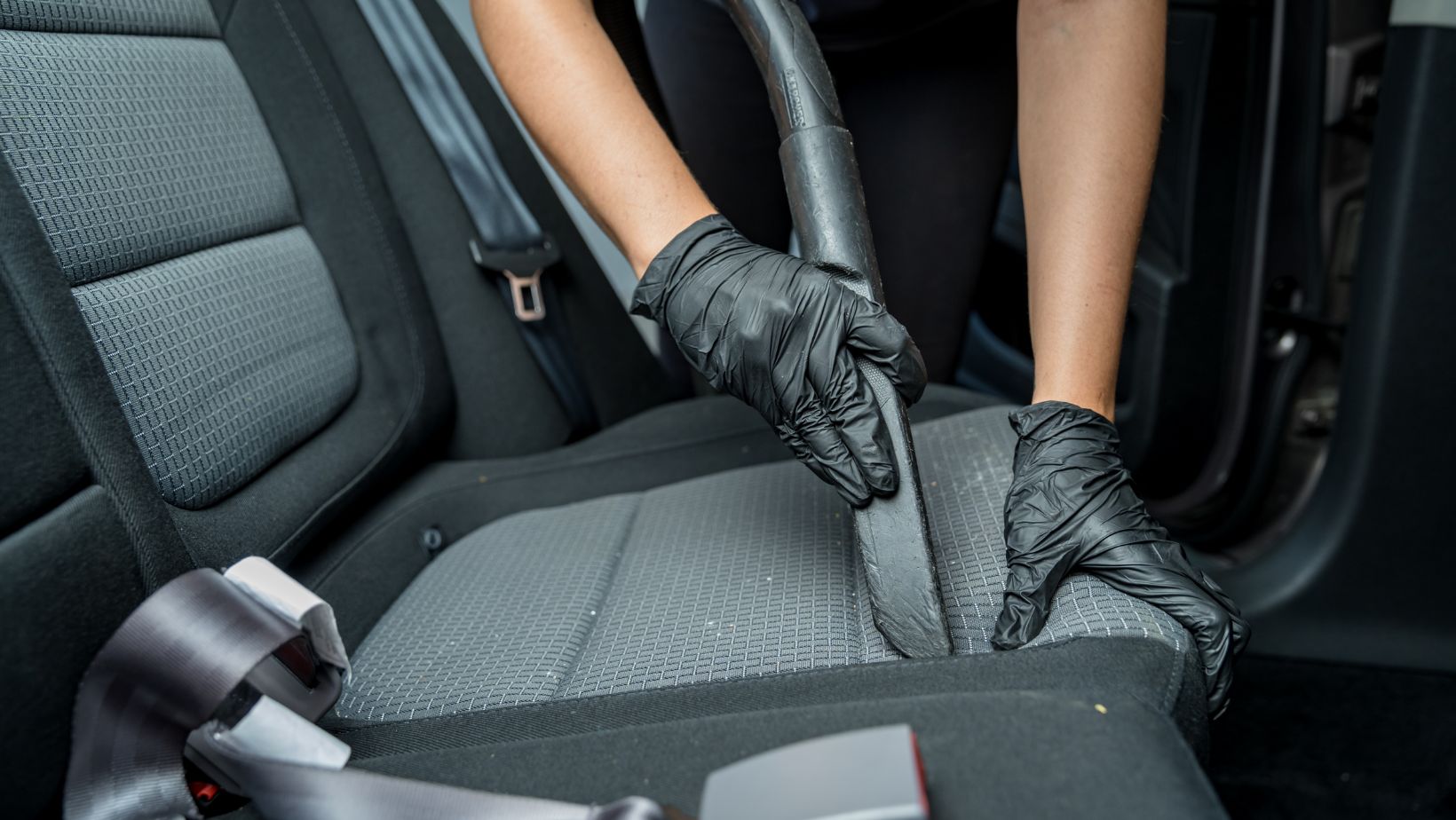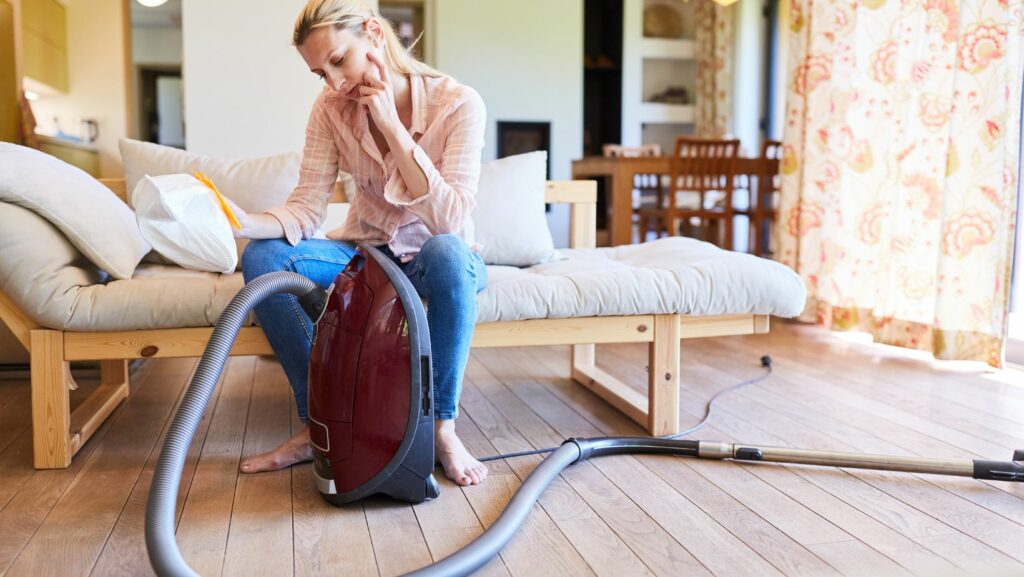Contents
Table of Contents
ToggleCan a Bad Gas Cap Cause a Vacuum Leak
I’ll dive right into the topic at hand: can a bad gas cap cause a vacuum leak? The answer is, yes, it’s possible. Your vehicle’s gas cap plays a crucial role in maintaining the pressure within the fuel system. If the gas cap becomes faulty or fails to seal properly, it can lead to a vacuum leak.
When you hear about vacuum leaks, you might usually think of damaged hoses or gaskets. However, a bad gas cap can also be a culprit. A loose or worn-out gas cap allows air to enter the fuel tank and disrupts the delicate balance of pressure needed for proper engine performance. This can result in various issues like rough idling, decreased fuel efficiency, and even triggering your check engine light.
Understanding Vacuum Leaks
Common Symptoms of Vacuum Leaks
When it comes to understanding vacuum leaks, recognizing the common symptoms is crucial. These indicators can help you identify whether a vacuum leak may be occurring due to a bad gas cap or another underlying issue. Here are some telltale signs to look out for:
- Rough Idle: If your vehicle’s engine is experiencing a rough idle, where it feels unstable and shakes noticeably, this could be an indication of a vacuum leak.
- Hissing Noise: A hissing sound coming from under the hood while the engine is running can suggest the presence of a vacuum leak.
- Decreased Performance: When there’s a disruption in the air-to-fuel ratio caused by a vacuum leak, you may notice decreased acceleration and overall performance from your vehicle.
- Check Engine Light: In many cases, a vacuum leak will trigger the check engine light on your dashboard. It is essential not to ignore this warning sign as it could indicate several issues with your vehicle’s systems.
How to Diagnose a Vacuum Leak
Diagnosing a vacuum leak can be challenging, but with the right approach, you can narrow down the potential causes. Here are some steps to help you in your diagnosis:
- Visual Inspection: Start by inspecting all hoses, gaskets, and connections for any signs of wear, cracks, or disconnections. Look for damaged components that may contribute to a vacuum leak.
- Listening for Hissing Sounds: With the engine running, listen closely for any hissing sounds that could indicate air escaping from a vacuum leak. Pay particular attention to areas around hoses and gasket seals.
- Using a Smoke Test: A smoke test involves introducing smoke into the intake system to identify leaks visually. The smoke will escape through any existing leaks, making them easier to detect.

Can a Bad Gas Cap Cause a Vacuum Leak?
The Impact of a Bad Gas Cap on The Fuel System
When it comes to the intricate workings of a vehicle’s fuel system, even seemingly minor components can have a significant impact. One such component is the gas cap. While its primary function is to prevent fuel evaporation and maintain pressure within the fuel tank, you might be wondering, “Can a bad gas cap cause a vacuum leak?” The answer is yes.
Understanding Vacuum Leaks And Their Effects
To grasp why a bad gas cap can cause a vacuum leak, it’s essential to understand how this type of leakage affects the overall functioning of your vehicle’s fuel system. In an efficiently operating system, air and fuel mix together in precise ratios before being combusted by the engine. However, when there is an unintended introduction of air due to a vacuum leak, this ratio becomes imbalanced.
Preventing Vacuum Leaks in The Fuel System
While it may seem surprising that something as simple as a gas cap could lead to such issues, taking preventative measures can help avoid these problems altogether. Here are some tips:
- Regularly inspect your gas cap: Ensure that it fits tightly and securely onto the filler neck.
- Check for damage: Look out for cracks, tears, or any signs of wear and tear on the gas cap’s seal.
- Replace as needed: If you notice any issues with your gas cap, it’s best to replace it promptly with a new one that meets the manufacturer’s specifications.
- Avoid overtightening: While it’s important for the gas cap to be snug, excessive force can damage the threads and compromise its effectiveness.
A bad gas cap can indeed cause a vacuum leak in your vehicle’s fuel system. Throughout this article, we have explored the various reasons why a faulty gas cap can lead to a vacuum leak and the potential consequences it may have on your car’s performance.
By understanding how a bad gas cap can lead to a vacuum leak and taking prompt action, you can maintain optimal performance and efficiency in your vehicle’s fuel system. Regular maintenance and inspection of your gas cap will help prevent potential issues down the road, ensuring smooth operation and peace of mind while driving.

